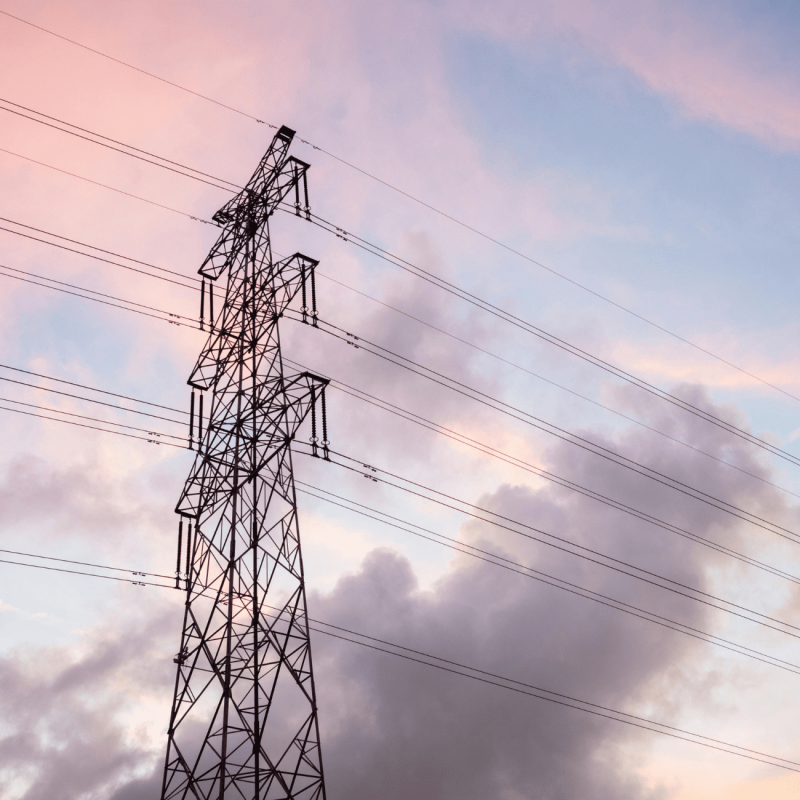Working Paper 920
Energy poverty is considered a significant challenge in sub-Saharan Africa (SSA), significantly impeding economic growth and social development. This study examines the role of institutional quality in addressing energy poverty across 45 SSA countries from 2002 to 2022, focusing on two critical indicators: access to clean cooking technologies and fuels and access to electricity. This study explores six institutional quality indicators—Control of Corruption, Regulatory Quality, Government Effectiveness, Rule of Law, Voice and Accountability, and Political Stability—and finds that corruption control is a key factor in reducing energy poverty across various income groups. Political stability is also linked to lower access to clean cooking, while the rule of law supports electricity access. Additionally, urbanisation is identified as a crucial factor for improving electricity access. This study underscores the central role of institutional quality in addressing energy poverty in SSA and calls for further research that includes infrastructure investment, affordability, and sustainability to better understand the complexities of energy access challenges in SSA.
Keywords: Energy poverty, Energy access, Institutional quality, Sub-Saharan Africa


